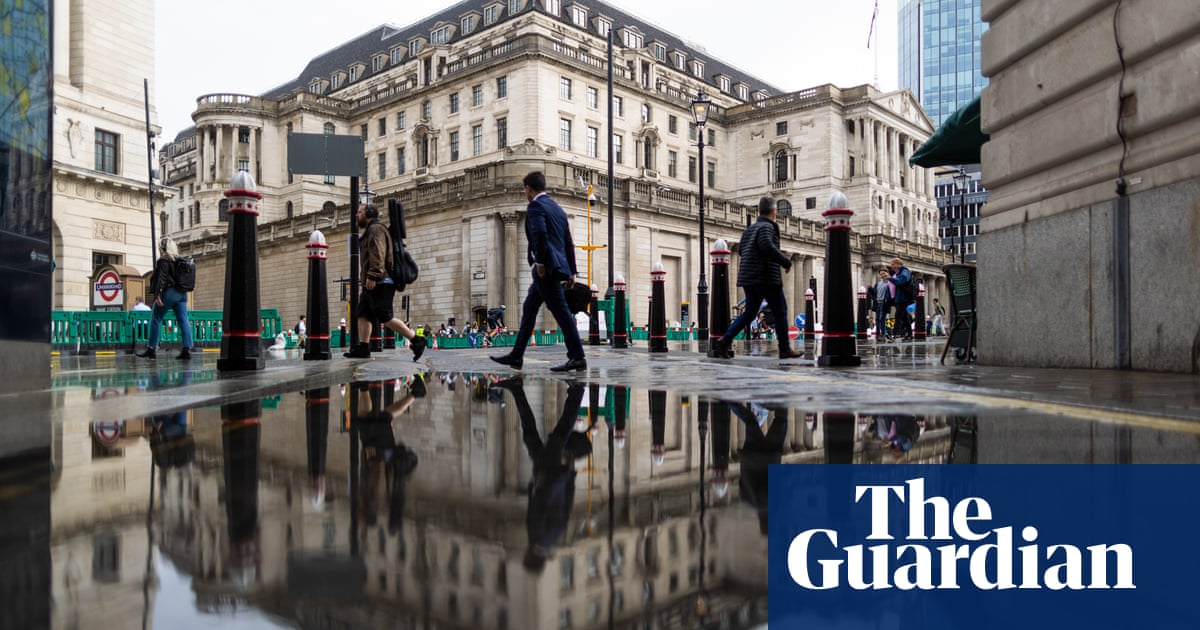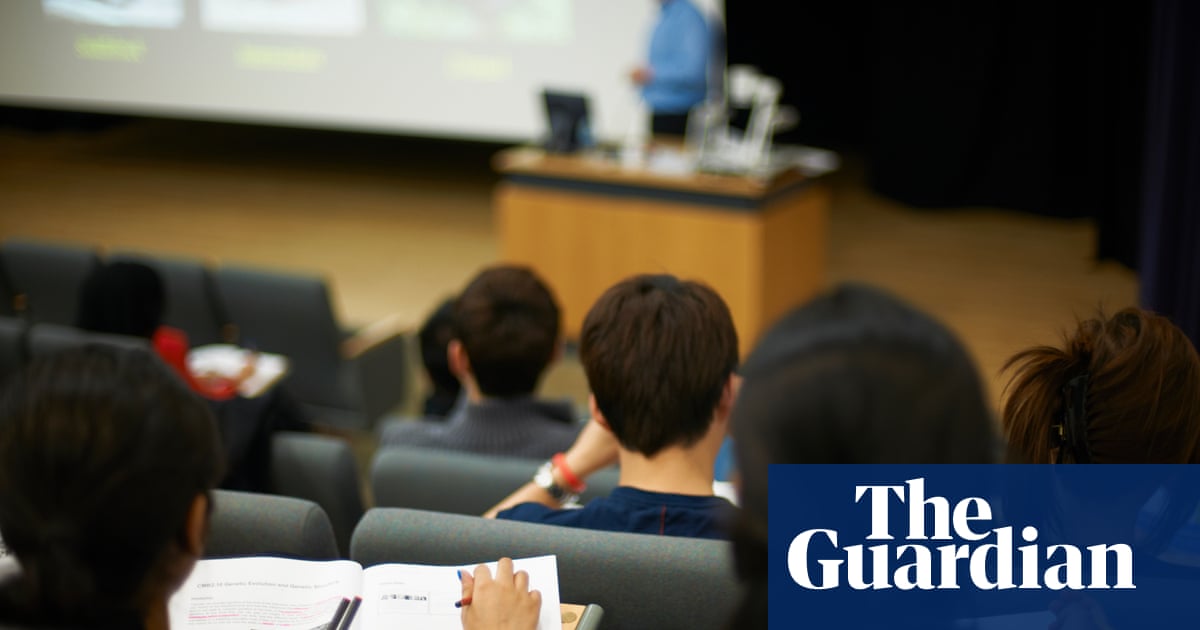
Only a fifth of UK universities have committed to reforming their curriculum to confront the harmful legacy of colonialism, an investigation by the Guardian has found.
The disclosure comes as universities are under pressure to modernise their syllabuses to address the attainment gap between white students and those from black and minority ethnic (BAME) backgrounds.
The campaign to give a fuller version of British history that reflects injustices and lauds the contributions of black British people has also won widespread support from the Black Lives Matter protesters.
Academics and students said the Guardian’s findings reflected a reluctance in British higher education towards addressing the impact of colonialism on present day racism.
They said many universities apparently failed to grasp that “decolonising the curriculum” went beyond adding black and non-western scholars to reading lists, arguing that reform should involve challenging and remaking the current pedagogy, which was rooted in imperial and colonial ideas about knowledge and learning, at an institutional level.
Responses to freedom of information (FoI) requests from 128 universities found only 24 said they were committed to decolonising the curriculum. Of those, 11 were committed to reform across the whole institution, with most efforts confined to a few departments, or just one, or a handful of academics and students.
Queen Mary’s University of London, said decolonising was confined to the school of English and Drama, while Newman University said one course in the English department explicitly referenced decolonising the curriculum.
The University of East London reported it had run decolonising workshops in the school of art and digital industries.
Only nine of these universities had put their commitment to decolonise in writing, with just two, including Bristol University, mentioning it in their core strategic plan and another two noting it in their main curriculum framework.
Educational experts said the findings showed that little progress had been made in decolonising higher education since the Rhodes Must Fall campaign – to demand the removal of a statue of the Victorian imperialist Cecil Rhodes from Oxford University’s Oriel college – began in 2015.
Fope Olaleye, black students’ officer at the National Union of Students, said the lack of progress was “shocking”. “Decolonising the curriculum means providing an accurate portrayal of history and providing students and staff with the tools to critically identify [how] the university reproduces colonial hierarchies. This will empower them to confront and reject the status quo and ensure knowledge production reflects our diverse society.”
Prof Kalwant Bhopal, the director of the centre for research in race and education at Birmingham University, said the sector should be ashamed of the findings. She added: “Every university should have this as a priority. If it’s not in the strategic plan, it’s not considered important to the university.”
Sunny Singh, professor of creative writing and inclusion in the arts at London Metropolitan University, one of the universities committed to decolonising, said: “Despite the small pockets of resistance, as a sector, higher education in the UK is unconcerned or not bothered, if not actively hostile, to the idea of decolonisation.
“I’m very glad I work in a university that has for the last year and a half been happier and more supportive of my efforts. But I can also say that we’re an exception.”
A further 84 universities said they were committed to other kinds of curriculum reform – making the syllabus more diverse, more international or more inclusive.
Of the 106 universities committed to decolonising and other forms of curriculum reform, only 35 said BAME students were formally engaged in some way in this work, although the degree to which varied widely.
Race equality specialist Sofia Akel, who last year wrote a report on racism at Goldsmiths, University of London, raised concern that universities were often leaving such curriculum reform to BAME students.
“Some universities are saying they’re doing work, but what they really mean is the students are doing the work for them for free,” she added. “And often they’re met with hostility from senior members of staff.”
Only 36 universities said they were providing relevant staff training on designing and teaching more inclusive and diverse courses – with just nine of those providing dedicated training, and three institutions making this training mandatory.
Rebecca Long-Bailey, Labour’s shadow education secretary, said: “Black and Asian people and their history are hugely underrepresented in academia and throughout our education system. Understanding the breadth of Britain’s history is crucial to tackling the injustices and racism in our society and around the world that persist today.”
Twenty universities declared that they were currently doing no formal work to reform their syllabuses in this manner.
Akel said: “I think the universities that have just outright said no were probably the ones being the most honest because when you really drill down, it can come down to one or two academics, or a humanities subject, usually sociology, maybe anthropology.”
Some universities that said they were making their curriculum more international based this on having an overseas campuses. Heriot-Watt University said students on its campuses in Dubai and Malaysia were taught the same programmes as those in the UK. A spokesman added: “This means we are more attuned to the different cultures and cultural assumptions in the programmes we teach.”
Heidi Mirza, visiting professor of race, faith and culture at Goldsmiths, said the findings showed “a poverty of understanding” of what decolonisation entailed: “We’ve still got archaic, anachronistic tutors and curricula that’s never changed. I’m shocked at how stark this is.”
Mirza said other approaches, such as internationalising or diversifying the syllabus, often were a watered down approach to reform. “You can have an overseas campus but it doesn’t mean you’re changing your curriculum,” she said. “Are you including Chinese philosophy or just a white western knowledge you’re imparting in an imperialist way. It’s a tourist approach to the curriculum.”
The Guardian asked students involved in campaigns to decolonise the curriculum on their first thoughts to these figures.
Sabrina, 21, studying international relations, Decolonise Soas
It doesn’t surprise me. It’s not in the universities’ interest and nationally people don’t want to see this kind of discussion take place because it requires us to revisit the UK’s relationship with empire and have an honest conversation about race construction and racism which is very different than what we are told and taught. The British empire and European imperialism was founded on a white supremacist ideology which exploited the bodies and labour of Black and brown people in the colonies.
Decolonising is about de-centring Eurocentric knowledge production. It’s acknowledgement of alternative forms and centres of knowledge and contribution to the world, especially from revolutionary academics and thinkers who aren’t old white, middle-aged men. This is more than just about reading lists and racism.
Critics suggest that by decolonising you’re erasing history, but in fact you are just accurately portraying history. If you look at the way in which the British nation has been constructed, it’s very much been an exclusionary space, an exclusively white space.
Fidec Dagongdong, 24, studying law and politics, Decolonise Keele
It’s very hard to not just convince, but to attempt a new conversation on this issue. So the data is what I expected it to be. You can see it with the BLM protests. A lot of the comments were, like, I don’t understand why these statues are being either forcibly removed or crowds are gathering, protesting for its removal.
Other students think decolonising is about completely eradicating the current system, which is not the case at all, we just want to make it more inclusive.
Why is it that in the UK in most history curriculums it’s usually an elective to learn about colonisation? It’s very strange considering colonising was major part of British history. When I was a teenager, I was taught about American history, but nothing about British colonialism.
Sumayyah, 21, religion, politics and society, Decolonise Kings College London
I think many institutions see it as a lot of work for something they don’t really care about – that’s why such initiatives are usually only responses to student demands, when the work to silence these students becomes more than the work to engage with them. Also, our entire education system, and even our concept of what knowledge is, cannot be untangled from its colonial roots and once we start looking at the curriculum, we provide non-white students with the power to demand more change and more justice.
Most people I know can point to a text that they read that empowered them to advocate for change – by including such texts and ideas in the curriculum, universities know that they’re placing their power structures at risk and they refuse to do that.
Attempts by universities to ‘decolonise the curriculum’ will always be performative without a proper confrontation of how white supremacy and colonialism continue to manifest within academic institutions. The curriculum is a product of its environment and starting and ending our work with the curriculum will not create lasting change.
Additional reporting by Aamna Mohdin












